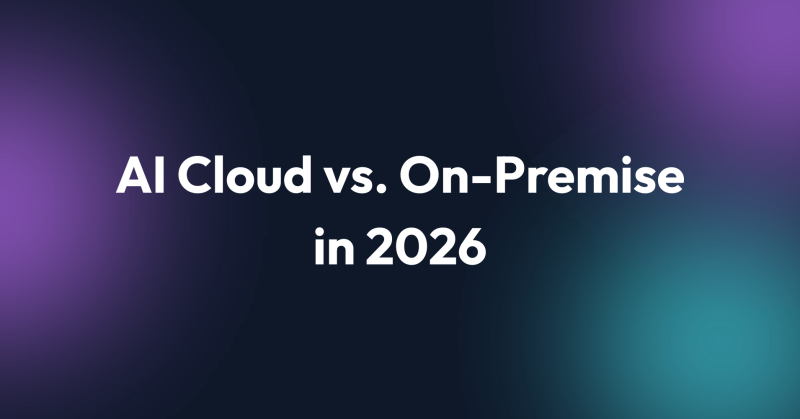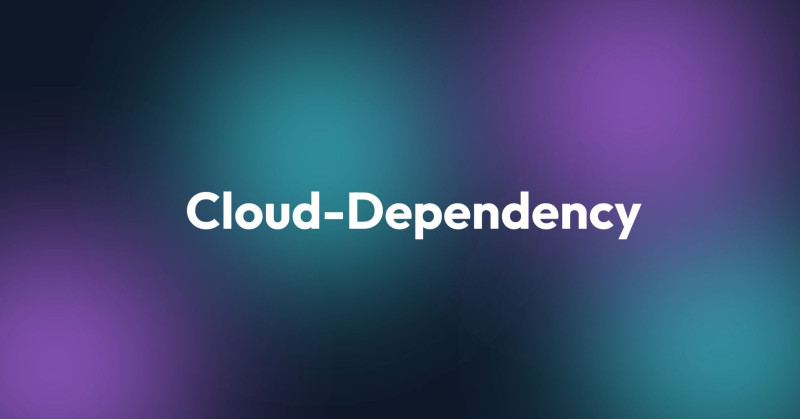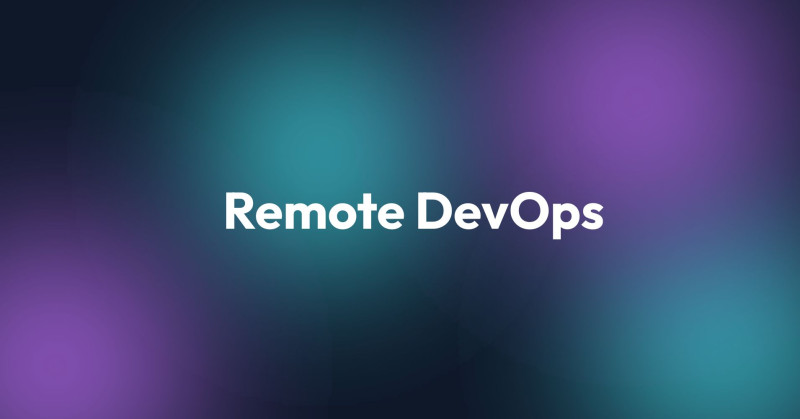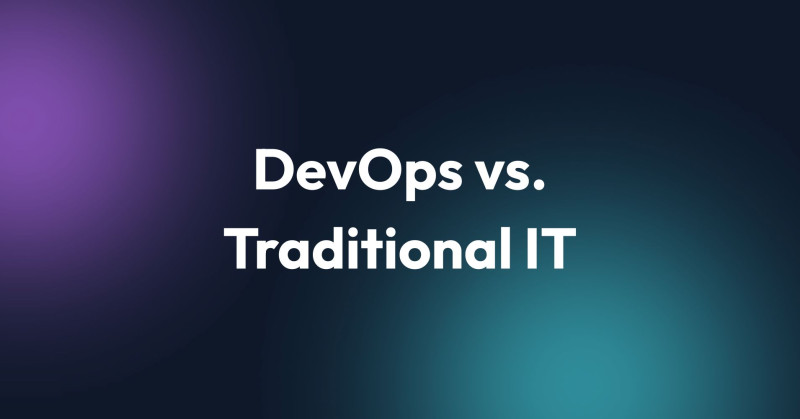The healthcare industry is under increasing pressure to deliver high-quality care while managing rising costs, staff shortages, and complex regulatory demands. For Operations Managers in healthcare, the challenge is not only to maintain clinical excellence but also to improve day-to-day operational workflows.
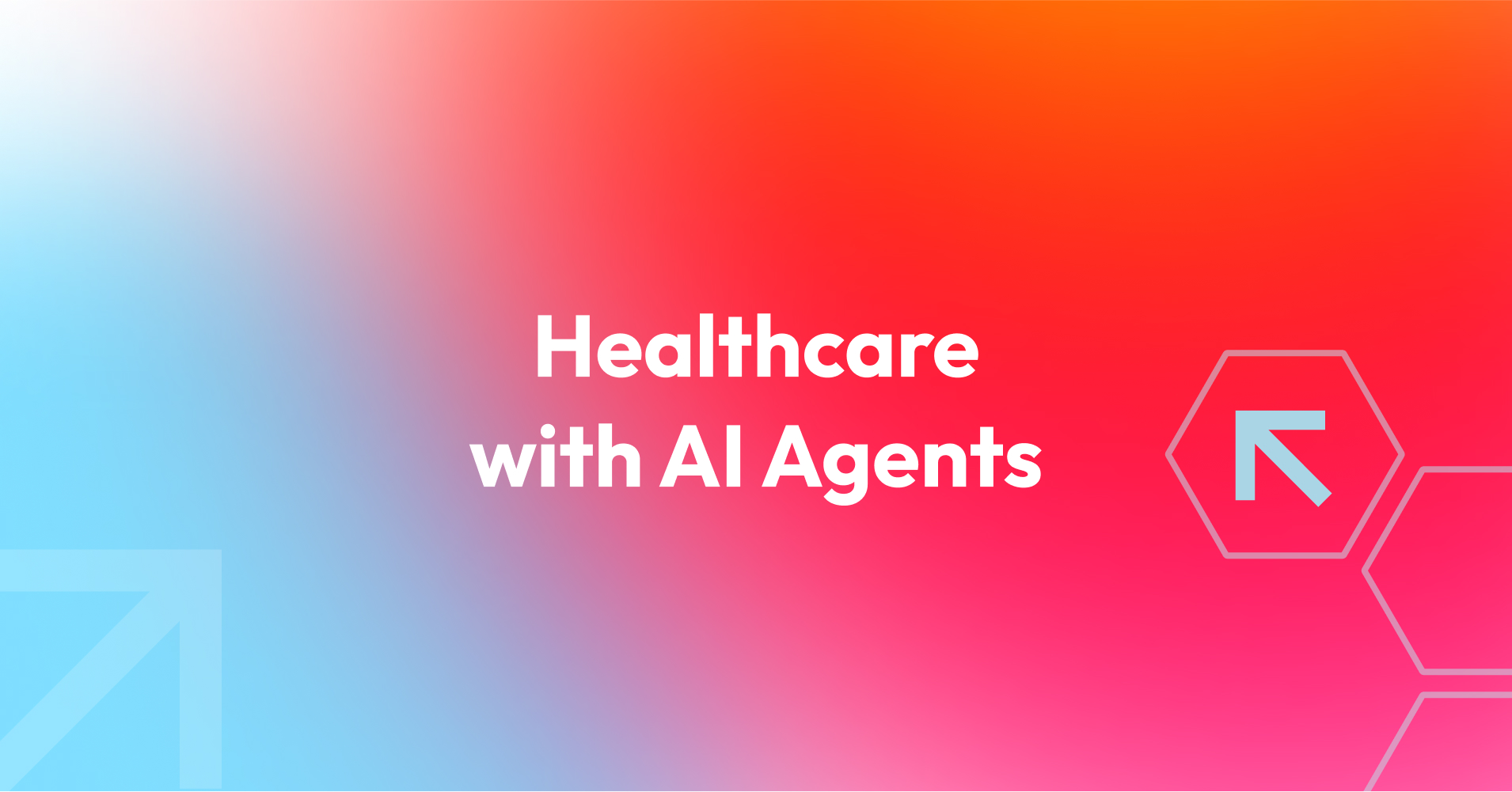
AI agents — autonomous, intelligent software entities — are now emerging as a game-changing solution to boost healthcare automation and drive greater operational efficiency across medical facilities.
Why Healthcare Needs AI Agents Today
Hospitals, clinics, and healthcare systems handle enormous amounts of:
Patient data
Administrative paperwork
Appointment scheduling
Billing processes
Supply chain management
Manual handling of these tasks consumes valuable time and resources. AI agents can automate routine operations, optimize resource allocation, and allow clinical teams to focus on delivering better patient care.
According to McKinsey, hospitals adopting AI-driven process automation can reduce operational costs by 20–30%, while improving both staff productivity and patient satisfaction.
Key Applications of AI Agents in Healthcare Operations
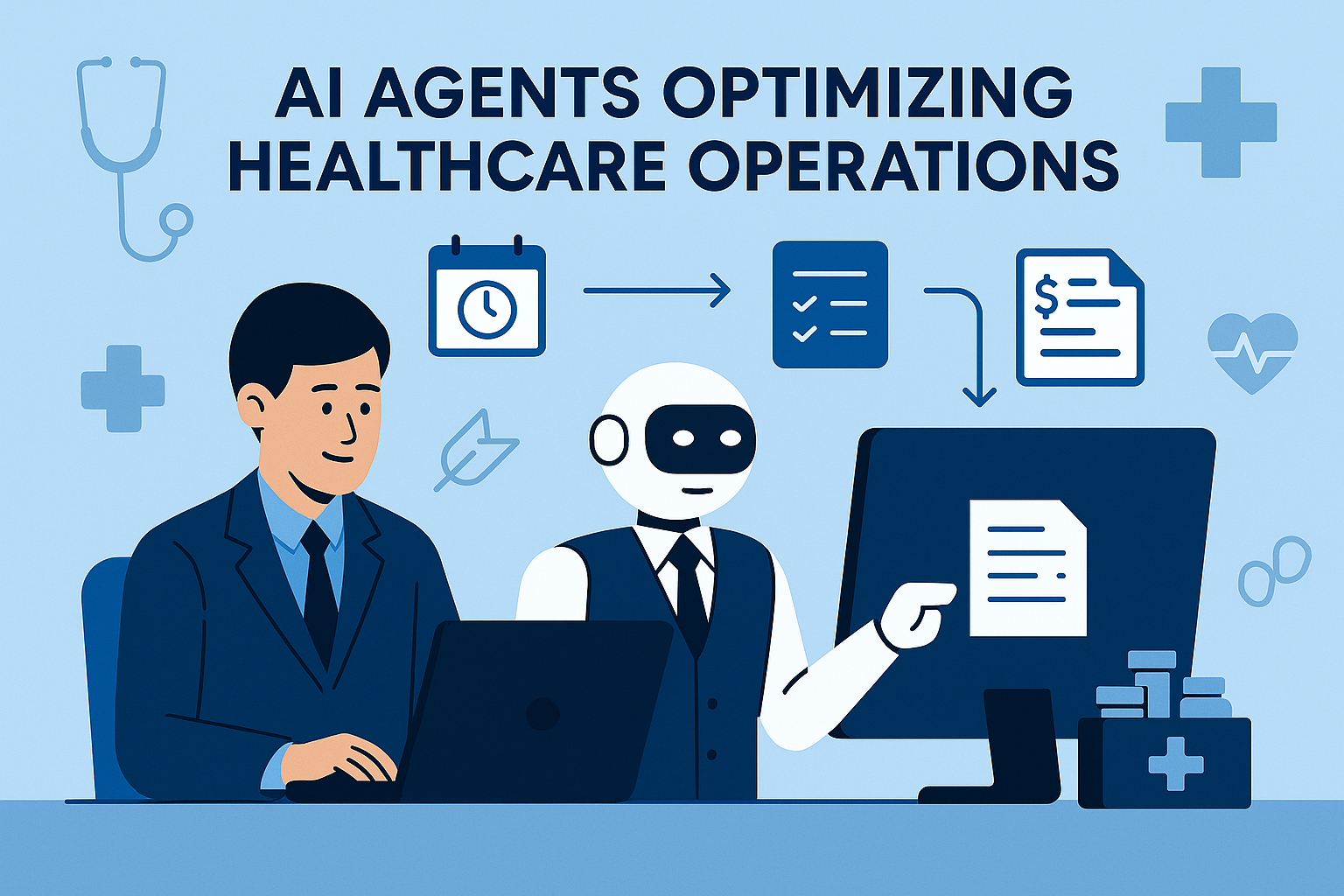
1. Automated Appointment Scheduling
AI agents analyze physician availability, patient preferences, and resource constraints to automatically schedule appointments with:
Optimized time slots
Reduced no-shows
Smarter load balancing across departments
Impact: Higher patient throughput and improved resource utilization.
2. Medical Billing and Claims Processing
Healthcare billing is often error-prone and time-consuming. AI agents handle:
Insurance verification
Claim submission
Coding accuracy checks
Denial management
Result: Faster reimbursements, fewer rejected claims, and improved cash flow.
3. Patient Intake and Documentation
AI-powered virtual assistants guide patients through digital intake forms, automatically extracting:
Demographic data
Medical histories
Consent forms
These agents streamline data entry, reduce paperwork errors, and ensure compliance.
4. Inventory and Supply Chain Optimization
AI agents monitor inventory levels in real time and forecast future supply needs based on:
Usage trends
Seasonal demand
Delivery lead times
Benefit: Minimized stockouts, optimized purchasing, and reduced waste in critical supplies like medications and medical equipment.
5. Clinical Staff Scheduling
AI agents generate optimal shift schedules by balancing:
Staff availability
Workload distribution
Legal and contractual requirements
Fatigue and burnout risk management
Outcome: Better staff satisfaction and reduced overtime costs.
6. Predictive Maintenance of Medical Equipment
AI agents monitor equipment performance data and proactively schedule maintenance before breakdowns occur, minimizing unplanned downtime for:
MRI machines
Surgical robots
Diagnostic equipment
The Benefits for Healthcare Operations Managers
By adopting AI agents for healthcare automation, Operations Managers can achieve:
Faster administrative processing
Reduced operational bottlenecks
Improved patient flow management
Enhanced resource utilization
Lower overhead costs
According to Deloitte, healthcare providers leveraging AI can improve operational efficiency by up to 35%, while maintaining high standards of patient care.
Key Implementation Challenges
Despite the advantages, integrating AI agents requires addressing:
Data interoperability: Seamless integration with EHRs, HIS, and legacy systems.
Privacy and compliance: Strict adherence to HIPAA, GDPR, and local healthcare regulations.
Change management: Training staff to adopt new AI-powered workflows.
Technology governance: Transparent AI models with explainable decisions.
Strategic Takeaway for Healthcare Operations Leaders
For Healthcare Operations Managers, adopting AI agents offers a strategic advantage to streamline complex workflows, reduce administrative burdens, and create more resilient, patient-focused healthcare systems. In an industry where every saved minute can directly improve patient outcomes, AI-powered healthcare automation is no longer a luxury — it’s becoming a necessity for sustainable growth.

